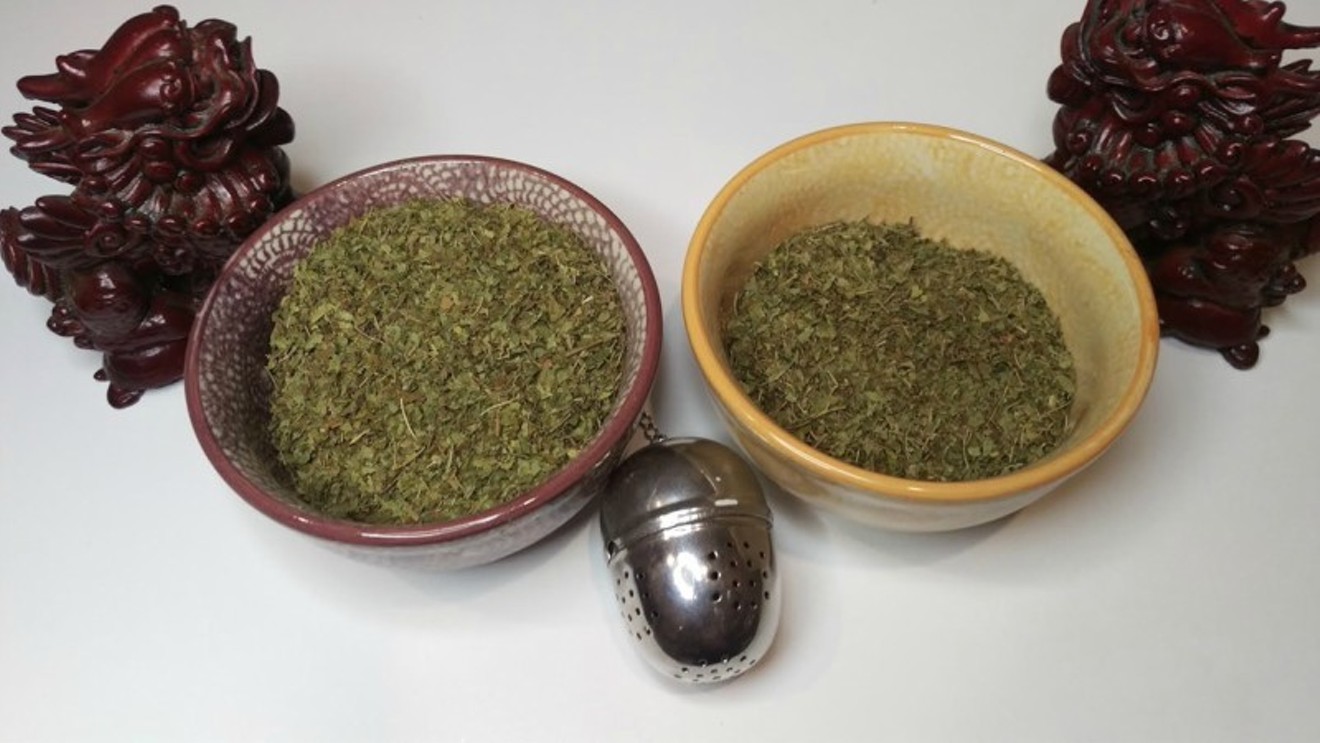John Riley, an attorney with Greenwood Village-based Montgomery, Little & Soran PC, is the first lawyer listed on the suit. But the complaint was submitted in association with Marler Clark, a Seattle enterprise that describes itself in a release about the filing as "the Food Safety Law Firm...the nation's leading law firm representing victims of Salmonella outbreaks. The Salmonella lawyers of Marler Clark have represented thousands of victims of Salmonella and other foodborne illness outbreaks and have recovered over $600 million for clients."
The release adds that "Marler Clark is the only law firm in the nation with a practice focused exclusively on foodborne illness litigation. Our Salmonella lawyers have litigated Salmonella cases stemming from outbreaks traced to a variety of foods, such as cantaloupe, tomatoes, ground turkey, salami, sprouts, cereal, peanut butter and food served in restaurants. The law firm has brought Salmonella lawsuits against such companies as Cargill, ConAgra, Peanut Corporation of America, Sheetz, Taco Bell, Subway and Wal-Mart."
Late last year, the Denver Department of Public Health and Environment prohibited the sale of kratom, a popular but controversial herbal pain reliever, for human consumption. A few months later, the CDC and the FDA warned about a "multi-state outbreak of Salmonella infections" that had sickened 28 people across twenty states nationwide.
Specifically, three infections had been identified in California; two each in North Carolina, Ohio, Oklahoma, Oregon, Pennsylvania and Utah; and one each in Colorado, Florida, Kansas, Kentucky, Louisiana, Massachusetts, Michigan, New York, South Carolina, Tennessee and North Dakota.
The health warning didn't mention the names of victims, but Lemke became ill in January, prior to the CDCFDA Salmonella announcement .
Search Soap Korner's website for the word "kratom" and you won't get any hits. Instead, its home page focuses on "herbs and body products" for reasons delineated in the following passage:
Natures Herb and Natures extracts have been employed in Southeast Asia for many centuries. Their properties have been well explored and the main aspect to their support is that Herbal extracts may be used on the skin in the form of Nature's soap. Probably the most popular cosmetic nowadays is the cleaning soap. A soap product is employed daily by each of us for several reasons, even when nearly all soaps contain hazardous ingredients in them, fact that is not really known to most of the people. These harmful substances can be dehydrating and might trigger several skin allergic reactions. In addition, they increase bacterial infections and may worsen them. Most importantly, these artificial soaps can obstruct skin pores, therefore keeping the epidermis from being able to breath. All of this makes the dermis in your face and body to age quicker and it hampers its repair process. Why do people keep using these toxic products?However, kratom is available through the site under the category of "teas."
The lawsuit begins with a section titled "The Outbreak." The text notes that "since identifying kratom on an import alert for unapproved drugs in 2012 and on a second import alert in February 2014 regarding kratom-containing dietary supplements and bulk dietary ingredients, FDA has taken a number of additional actions."
The first among them: "In September 2014, U.S. Marshals, at the FDA’s request, seized more than 25,000 pounds of raw kratom material worth more than $5 million from Rosefield Management, Inc. in Van Nuys, California."
Following the February warning about kratom infected with Salmonella, more cases surfaced. As of April 5, the lawsuit points out, the CDC had reported that a total of 132 people had been infected with Salmonella in 38 states, including Colorado.
Lemke, who lives in Bismarck, is resported to have ordered two kinds of kratom products from Soap Korner's website last December: "Red MD" and "Chocolate." The latter is no longer listed as available, but so-called Red Tea is still accessible, as demonstrated by the photo at the top of this post.
Lemke had previously purchased kratom from Soap Korner after learning through research that it might help with her fibromyalgia, and she had no problems, according to the suit. But on January 3, the suit charges, after consuming Red MD for a week-plus, she "began to suffer from a low grade fever, chills, and body aches. She began to suffer from repeated bouts of diarrhea two days later."
On January 8, Lemke went to a walk-in clinic, which diagnosed a likely viral illness. But by the next evening, she was running a 106-degree fever, and her husband took her to an emergency room. Four days later, a stool sample tested positive for Salmonella. She was subsequently released from the hospital after receiving a prescription for antibiotics, but she took weeks to recover. In the meantime, her Red MD kratom was analyzed and tested positive for Salmonella.
In a statement, Bill Marler, managing partner at Marler Clark, focuses on the infection rather than the herb it was in. "Salmonella can be a deadly pathogen and can find its way into food and drug products that are not hygienically manufactured," he notes. But expect kratom's enemies to use the lawsuit in arguments for broadening the type of ban put into effect by Denver's health department.
Click to read Ashley Lemke v. Soap Korner LLC.













